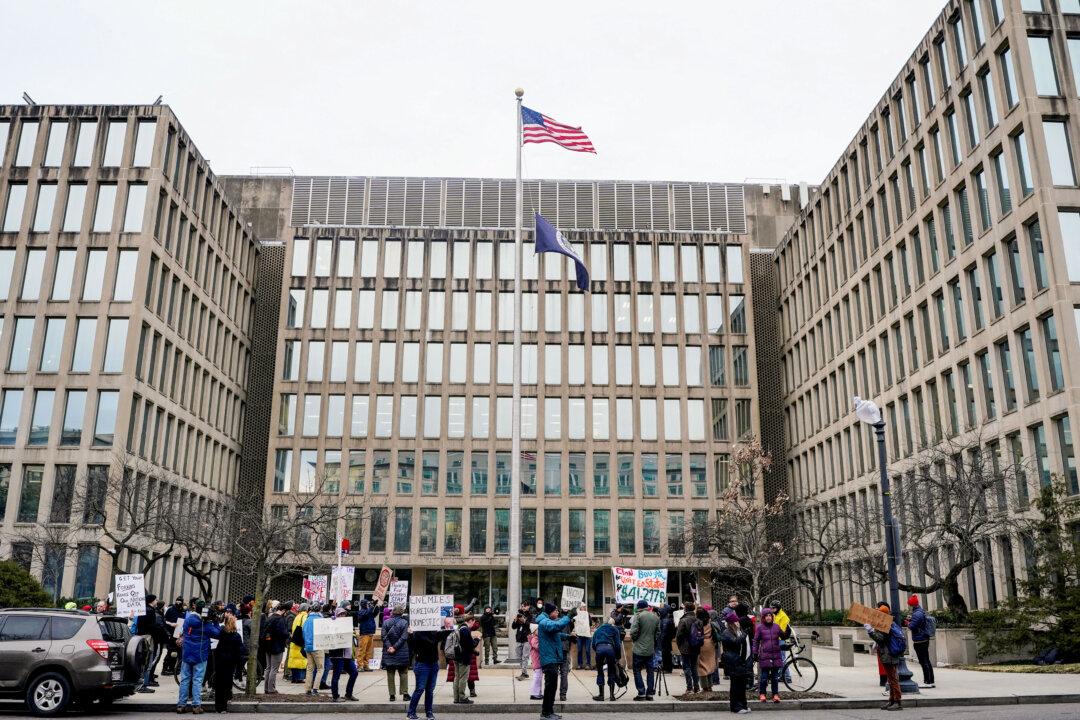President Donald Trump announced on April 18 that he plans to implement a day-one executive order aimed at increasing accountability among the nation’s federal workforce.
Trump said on Truth Social that, according to his order, the Office of Personnel Management (OPM) will issue new civil service regulations for career government employees.





